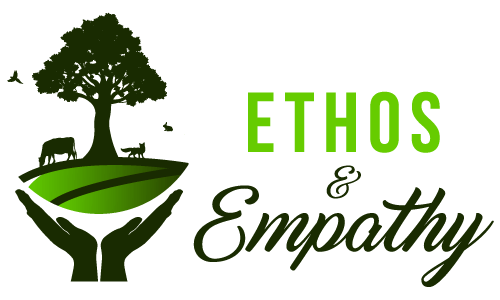For a life with respect to nature and all sentient beings.
Antispeciesism is a movement which fights speciesism. It fights in other words for the End of Discrimination against Other Species.
Have you ever heard of speciesism?
Many scholars have found that our relationship to the animals is based on speciesism.
By analogy with racism and sexism, this concept refers to the ideology considering that the lives and interests of animals can be overlooked simply because they are of another species. These thinkers conclude that speciesism is irrational and unfair, because humans are not the only ones to feel emotions and that we should also respect the lives and interests of other sentient beings who share this planet with us. Speciesism is a widespread form of discrimination that billions of animals suffer from today.
Like us, nonhuman animals are feeling creatures who can experience suffering or enjoyment depending on how we treat them. Yet they are subjected to harms we would never inflict on humans. Most of us would agree that it’s unfair to harm humans because of their skin color or sex. Isn’t it also unfair to harm animals simply because they belong to one species instead of another?
Intelligence is not what matters, suffering is.
We show respect for others by trying not to harm them, and helping them when we can. Many people accept that we should respect dogs and cats, and not harm them. But other animals can also suffer because of our daily choices. Shouldn’t we respect them too?
Zero Waste is a goal that is ethical, economical, efficient and visionary, to guide people in changing their lifestyles and practices to emulate sustainable natural cycles, where all discarded materials are designed to become resources for others to use.
Zero Waste means designing and managing products and processes to systematically avoid and eliminate the volume and toxicity of waste and materials, conserve and recover all resources, and not burn or bury them.
Implementing Zero Waste will eliminate all discharges to land, water or air that are a threat to planetary, human, animal or plant health.”
The 5 basic principles of Zero Waste lifestyle are the following:
1) Refuse: Refuse consuming anything that you don’t really need, like straws ( #nostrawplease ) or plastic cutlery since they can’t be recycled.
2) Reduce: Reduce your overall consumption. For example replace plastic bags by using your own reusable shopping bags or carry with you a reusable coffee mug for your take away coffee instead of always taking a single use one.
3) Reuse: Reuse the stuff you couldn’t avoid of getting like plastic bags, jars e.t.c.
4) Recycle: Recycle everything that can be recycled including batteries and electrical devices (Place each item in the correct bin).
5) Rot: Compost your organic waste.
